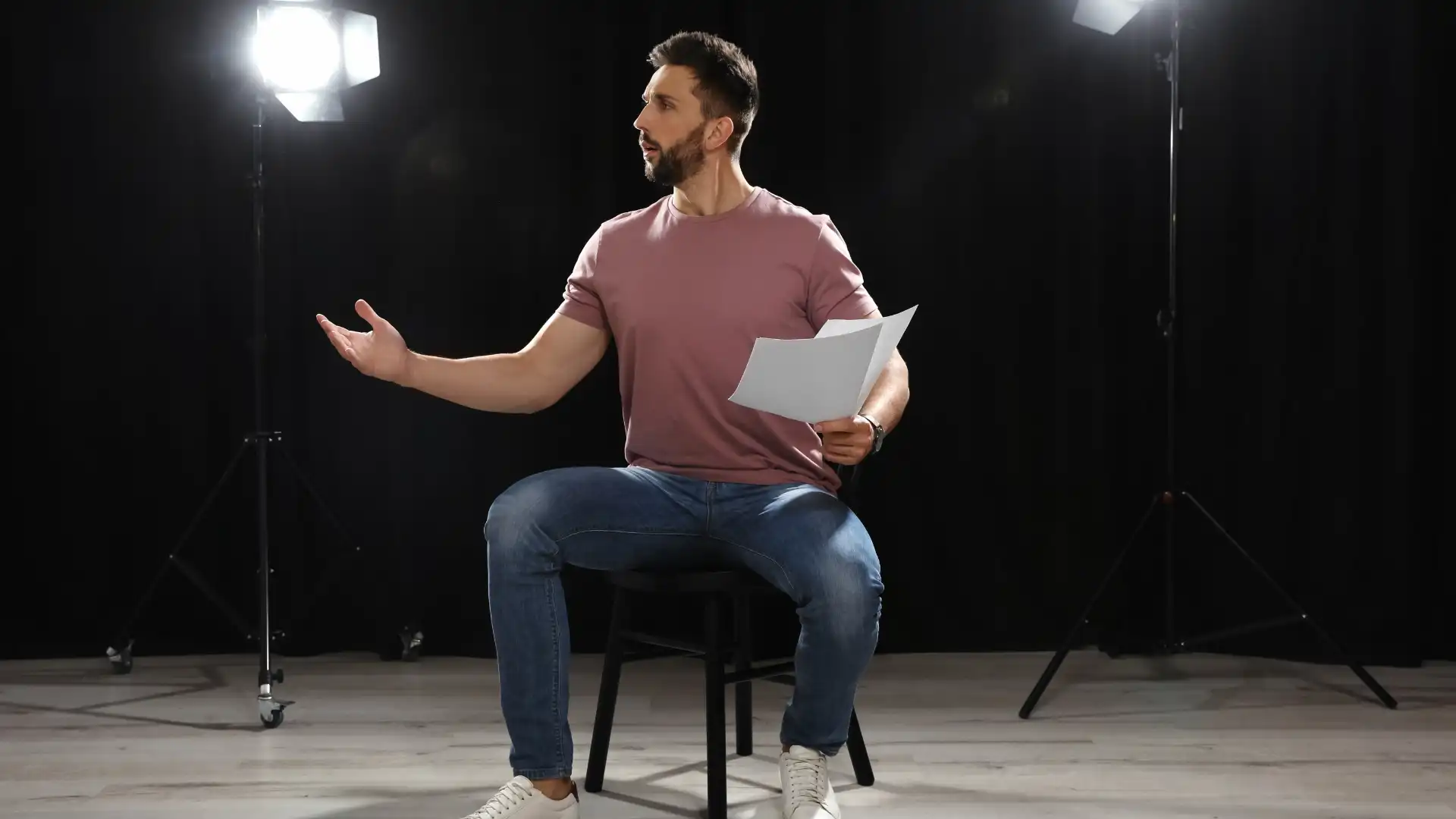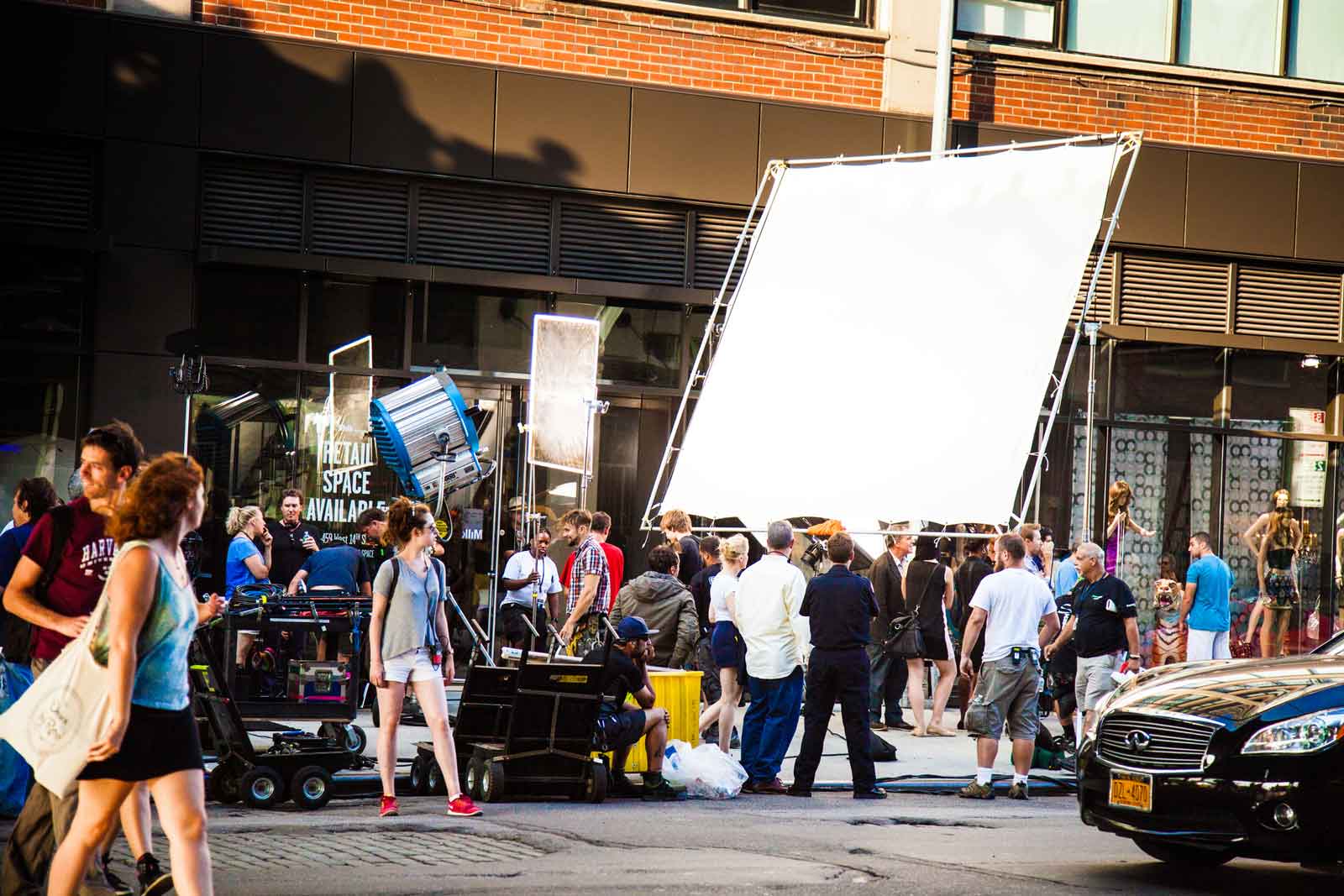Executive producers play a pivotal role in the entertainment industry, overseeing the entire lifecycle of a production—from the earliest idea to the final product. Whether working in film, television, streaming, or other media, executive producers are the glue that holds a project together. Their job blends creativity with business savvy, ensuring that both the artistic vision and the logistical execution come together seamlessly.
If you’re curious about what it takes to be an executive producer, the responsibilities outlined below reveal just how varied and vital this role is.
Top 10 Executive Producer Responsibilities
An executive producer wears many hats throughout a production. Below are ten of their most important responsibilities, each contributing to the success of a project in different ways.
1. Project Development
Executive producers are typically involved in the earliest stages of a project. They help shape the concept, guide script development, and ensure the creative direction is solid before production begins. This often involves collaborating closely with writers, directors, and other creative professionals to craft a project that aligns with both artistic goals and market appeal.
2. Financial Planning
One of the most important aspects of an executive producer’s job is managing the project’s financial health. They are responsible for creating and overseeing the budget, securing funding, and making strategic decisions to allocate resources efficiently. Whether the funding comes from investors, studios, or grants, the executive producer ensures that every dollar is spent wisely to keep the production on track.
3. Casting Decisions
Casting can make or break a project, and executive producers often have final approval or a strong voice in these decisions. They collaborate with casting directors to find the right actors for key roles and ensure that casting aligns with the project’s creative vision and target audience. Their choices often influence both the performance quality and the commercial appeal of the production.
4. Creative Direction
While directors handle the day-to-day creative execution, executive producers set the tone and vision from a higher level. They ensure that the story, performances, and aesthetics align with the original concept and the intended message. This might involve reviewing scripts, viewing rough cuts, and offering creative feedback throughout the process.
5. Production Oversight
During filming, executive producers monitor the overall progress and intervene when necessary to solve problems or make key decisions. This can involve adjusting timelines, resolving disputes, or responding to unforeseen challenges. Their goal is to keep the production moving smoothly while maintaining quality and budget control.
6. Contract Negotiation
Executive producers are often the lead negotiators when it comes to contracts. They negotiate terms with actors, directors, writers, crew members, and vendors. These negotiations ensure that legal agreements are in place, responsibilities are clearly defined, and everyone is fairly compensated within the project’s budget.
7. Legal Compliance
Productions face a range of legal requirements—from permits to intellectual property rights to labor laws. Executive producers must ensure that every part of the production complies with relevant laws and regulations. They often work closely with legal advisors to protect the project from costly or reputation-damaging mistakes.
8. Marketing and Promotion
Getting the finished product in front of an audience is just as important as making it. Executive producers frequently take the lead on marketing strategies, working with PR teams, creating buzz through media appearances or trailers, and building momentum around the release. Their goal is to maximize visibility and draw attention to the project.
9. Distribution Strategy
A well-executed distribution plan is essential to a project’s success. Executive producers help negotiate deals with streaming platforms, film distributors, or television networks. They decide on release formats, timing, and geographic rollouts, ensuring that the project reaches its target audience through the right channels.
10. Post-Production Supervision
Once filming wraps, the executive producer’s role continues through post-production. They oversee editing, sound design, visual effects, and final touches, ensuring the finished product meets the highest standards. Timeliness is crucial, so they also manage deadlines to meet release schedules.
Why the Executive Producer Role Matters
The executive producer acts as the captain of the ship—keeping everything moving forward, resolving obstacles, and ensuring the creative and financial goals align. Without strong leadership at the top, even the most promising projects can fall apart. Their ability to balance vision with practicality is what makes successful productions possible.
Conclusion
An executive producer’s responsibilities stretch across every phase of production—from shaping the initial idea to ensuring the finished product gets seen by audiences. Their role demands a mix of creativity, business sense, and leadership, making them one of the most influential figures in the entertainment industry.
Key Takeaways:
- Executive producers play a pivotal role in the entertainment industry, overseeing project development, financial planning, casting decisions, and creative direction to ensure successful productions.
- Responsibilities include production oversight, contract negotiation, legal compliance, marketing, distribution strategy, and post-production supervision, showcasing the diverse skills required for the role.
To enhance your understanding of the business of entertainment and executive producer responsibilities, consider enrolling in Yellowbrick’s NYU Business of Entertainment online course and certificate program for valuable insights and expertise in the industry.








